About KEN
Through the development and enactment of the global Declaration on Knowledge Equity, we capture our collective commitment and aspirations to reduce inequalities through increased access to knowledge. The Declaration sets the intention for achieving knowledge equity through the creation of a diverse network spanning virtual and physical spaces.
The Knowledge Equity Network will mainstream openness, accessibly and inclusively, amongst learners, leaders, institutions, organisations and individuals that are committed to the fundamental principle of knowledge equity.

The Network
Global challenges require a collective response. We must break down the barriers that prevent equitable access to knowledge across institutions and geopolitical boundaries. Open and collaborative practices of knowledge creation and dissemination are critical to making knowledge accessible to all, for the common good.
The Knowledge Equity Network brings together our community of signatories, driving the change from competition to collaboration. The emphasis of this global community is to build an effective, ambitious and solutions focused network, which looks at bringing research, education and societal impact to the world in an equitable way. By doing so, we will build greater agility to respond to challenges the world over, providing all with equal opportunities to thrive.
The Network offers regular opportunities to come together through forums and discussions, advancing and monitoring progress as we work towards openness as a global community. A programme of network events examine issues, seek solutions and provide space to exchange ideas and strategies to achieve the Declaration’s goals. Our events give signatories the chance to discuss special areas of interest and specific challenges related to their experiences and needs. The solutions focussed events create a cycle of sharing, learning, change and positive impact.
As a global network, our collective commitment to knowledge equity aims to bring about a cultural shift within Higher Education worldwide, moving towards collaborative, equitable and open practices. We support, learn from and work with each other towards our vision for knowledge equity.
There is much to be achieved through this transformative approach, but together as a network, we are stronger.
Our Principles
Collaborative
We believe in the power of radical collaboration. We must move away from a competitive model towards inclusive, transdisciplinary partnerships with generosity and compassion. It is essential that we strengthen and empower our communities for the benefit of all. We recognise the disparities between the Global South and Global North. True collaboration means multilateral partnerships based on equity, mutual benefit and mutual empowerment.
Universal
The Higher Education system is for the good of all, educating the workforce and leaders of tomorrow, enriching cultures, improving health and wellbeing, and driving innovation. Knowledge creation and dissemination are at the heart of this, and this knowledge must be accessible for all people to be used as widely as possible. Our network supports the free flow of ideas to ensure that knowledge is truly universal.
Inclusive & Sustainable
We need to consider all potential beneficiaries of the knowledge we generate, enabling practices that provide equal and fair access to all. We will provide equitable outcomes and a chance for all to succeed. Equal opportunity, inclusion and diversity are guiding principles of our Network. As a global community, we provide space where relationships can be developed across sectors, organisations and communities. Within the Network, we commit to carrying out our practices in inclusive and sustainable ways.
Meet the team
-
 University of LeedsCo-Founder
University of LeedsCo-FounderThe University of Leeds is proud to be a Co-Founder of the Knowledge Equity Network. One of the largest universities in the UK, the University of Leeds (UoL) is part of the Russell Group of research-intensive universities and is renowned globally for the quality of its research and innovation, student education and knowledge exchange. Its 2020 – 2030 strategy, ‘Universal Values, Global Change’, sets a blueprint for a values-driven university that harnesses expertise to help shape a better future for humanity, working through collaboration to tackle inequalities, benefit society and drive change. Working with others, UoL will use its collective talents, expertise and shared endeavour in research and education to address local and global challenges, achieve social justice, reduce inequalities, and help achieve the UN Sustainable Development Goals.
-
 University of PretoriaCo-Founder
University of PretoriaCo-FounderThe University of Pretoria takes pride in its role as a Co-Founder of the Knowledge Equity Network. The University of Pretoria (UP) is one of Africa’s top universities and the largest contact university in South Africa. UP produces socially impactful research to find solutions for the world’s most pressing issues and has high quality teaching and learning in the classroom, online and in communities.
-
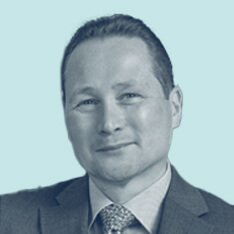 Nick PlantExecutive Lead
Nick PlantExecutive LeadProfessor Nick Plant leads on the development of the University’s research and innovation strategy, creating a research culture and environment which delivers high quality research and impact for the region and beyond. His brief includes promoting partnerships in a number of key sectors, accelerating collaboration across a wide range of academic disciplines and driving recruitment of world-leading academics. Professor Plant came to Leeds as Dean of Research Quality and Impact in 2017, leading on the development and enhancement of the University’s research profile. This included leading the implementation of an institutional-wide quality and impact delivery plan and preparations for the 2021 Research Excellence Framework, the system for assessing research quality in UK higher education institutions, as well as ensuring the University continues to invest in its greatest asset: its staff. Before joining the University he was an Associate Professor in Systems Biology at the University of Surrey. He is a science graduate of the University of Nottingham.
-
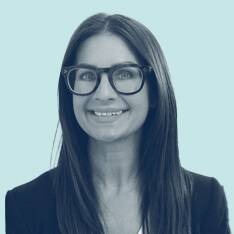 Fiona MiddlebrookExecutive Officer to Professor Nick Plant
Fiona MiddlebrookExecutive Officer to Professor Nick Plant -
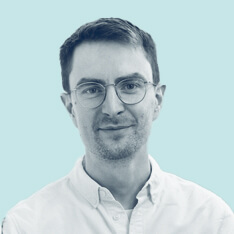 Thom FreethProducer
Thom FreethProducer -
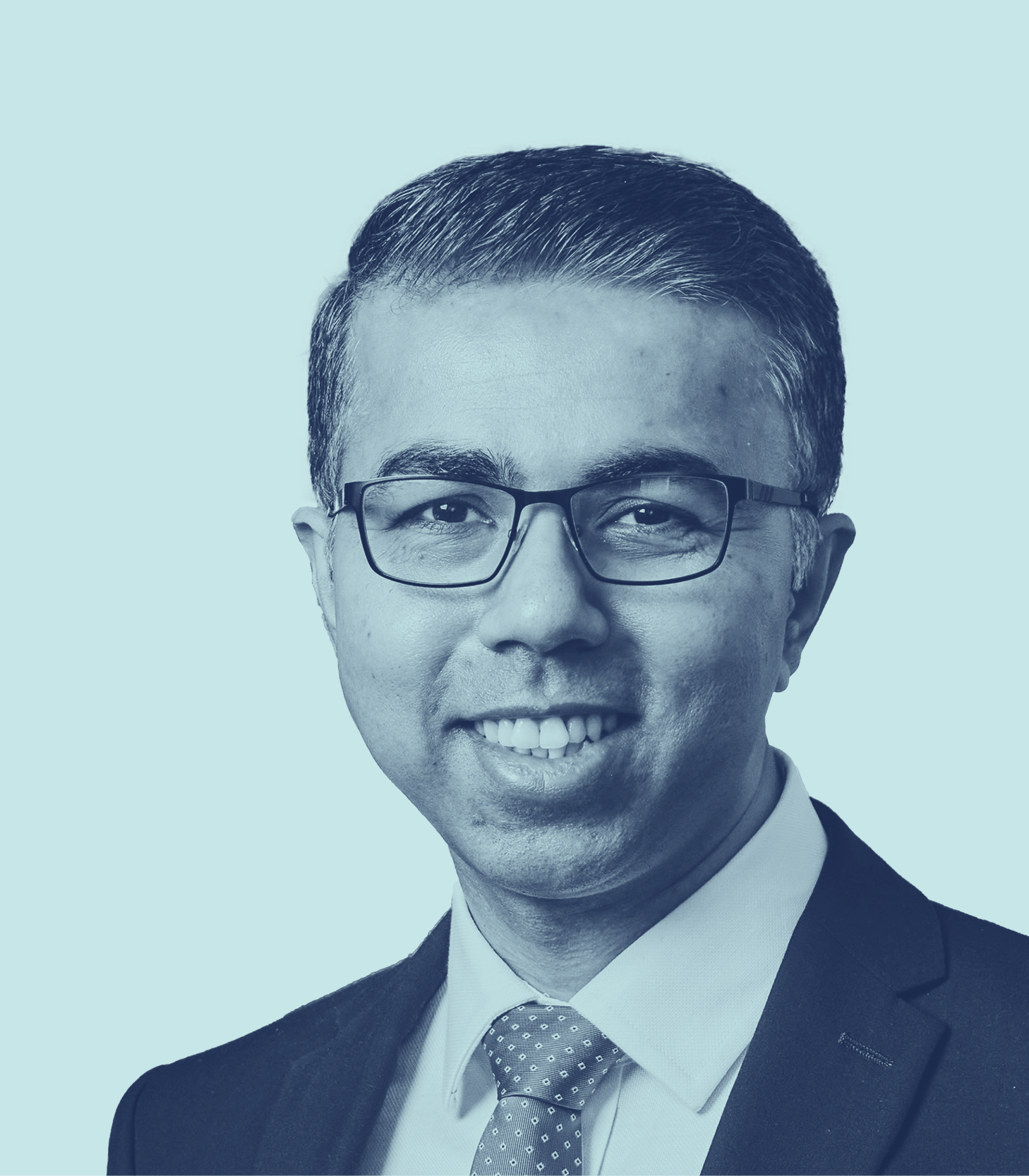 Masud KhokharUniversity Librarian and Keeper of the Brotherton Collection, University of Leeds
Masud KhokharUniversity Librarian and Keeper of the Brotherton Collection, University of Leeds -
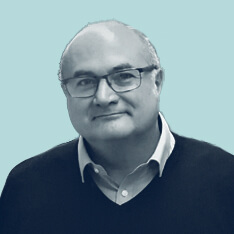 Antonio Martínez-ArboledaProf. of Open & Digital Education
Antonio Martínez-ArboledaProf. of Open & Digital Education -
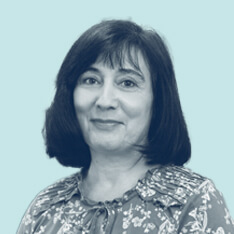 Chrissi NerantziProf. of Creative & Open Education
Chrissi NerantziProf. of Creative & Open Education -
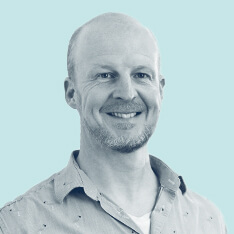 Nick SheppardOpen Research Advisor
Nick SheppardOpen Research Advisor